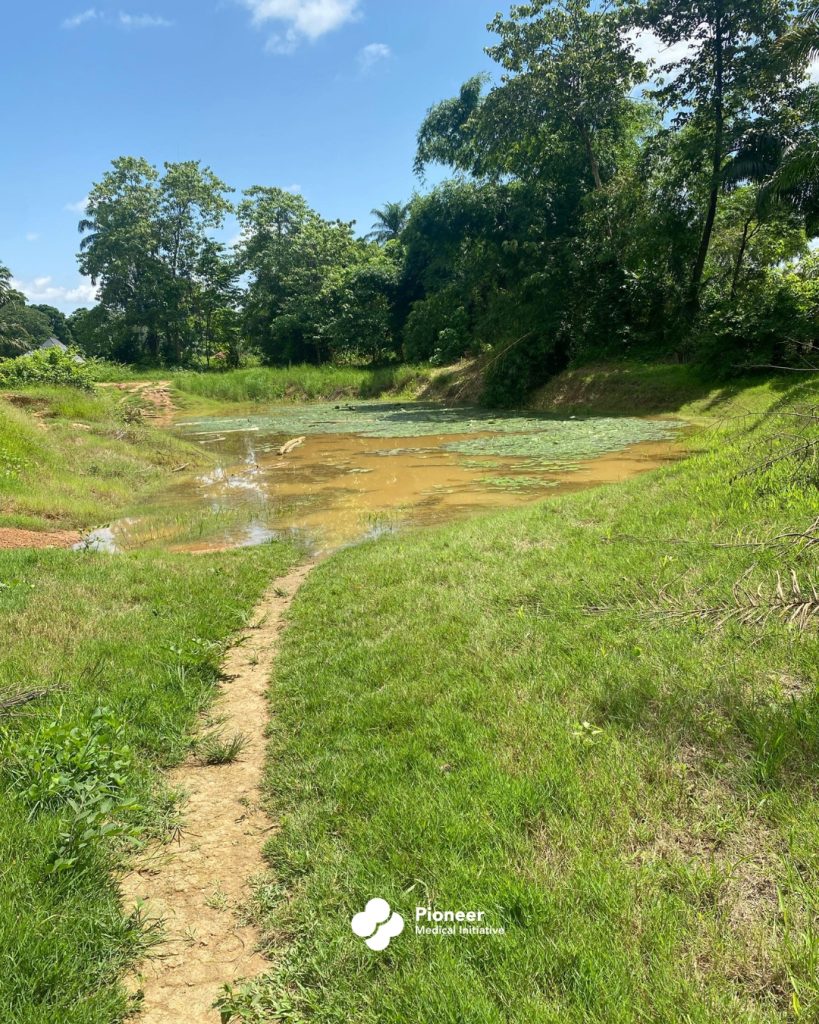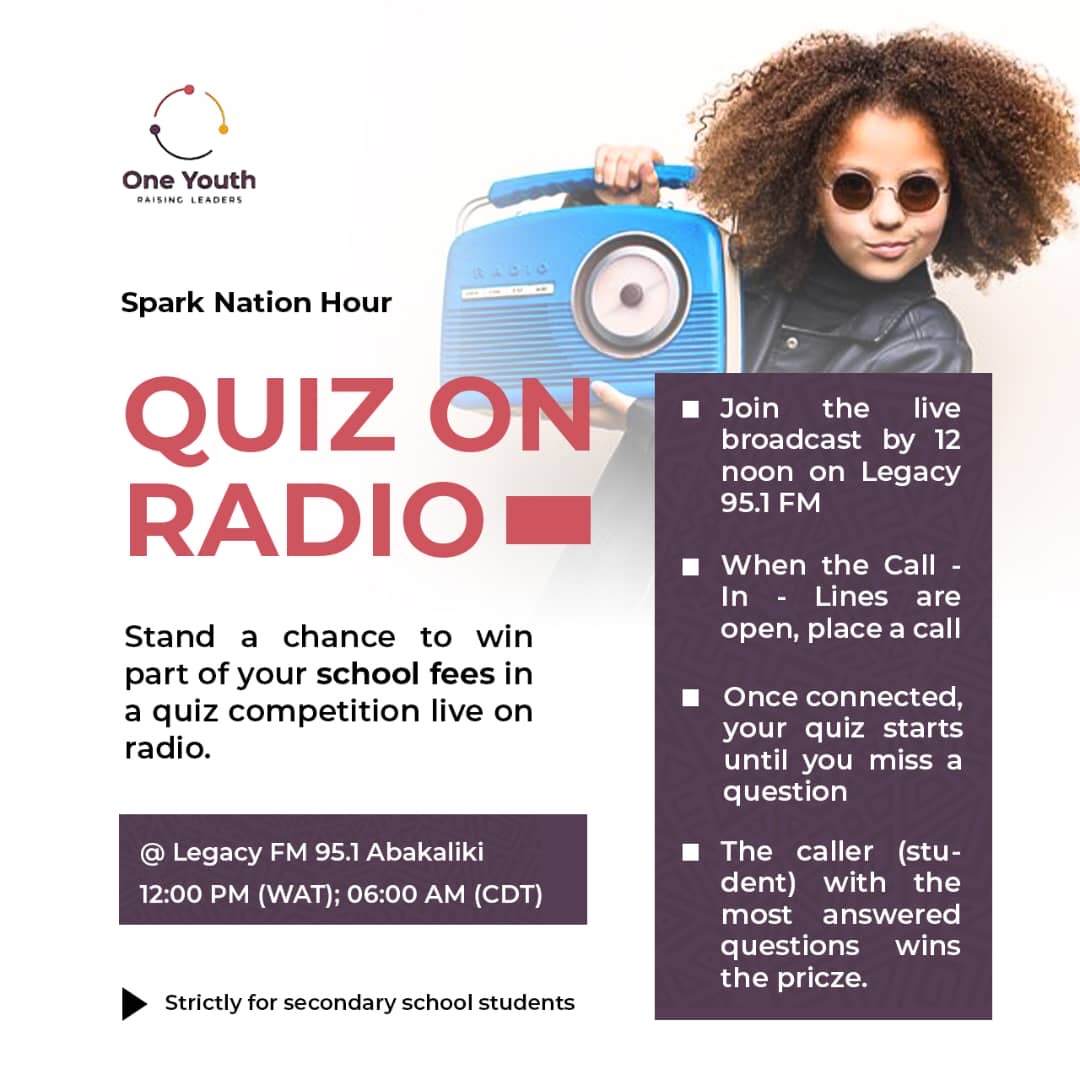Water is a basic necessity of life—one that every human being deserves access to. Yet, in many rural communities across Ebonyi State, this right is still far from reality. The lack of clean, safe water leaves these areas vulnerable to water-borne diseases like cholera, which continue to claim lives in silence.
According to the Nigerian Meteorological Agency (NiMet), Ebonyi is among 25 states projected to face a high risk of cholera outbreaks in 2025 because of unsafe water, poor sanitation, and extreme weather. For communities already struggling with water access, the warning is a chilling wake-up call.
Cholera remains one of the leading causes of death in underserved parts of the state. In 2024, Ndibokote village in Ezza-Inyimagu, Izzi LGA, suffered a deadly outbreak: at least eleven people died after eating food prepared under unhygienic conditions during the burial of a woman who had earlier succumbed to the disease. The tragedy underscored how quickly lives are lost when sanitation collapses.
More recently, a viral video revealed a brown, murky pond serving as the main water source for residents of Obegu Ikenyi. The disturbing footage sparked outrage online and raised urgent questions about how such contaminated water could still be in use today.

During a recent medical outreach with Pioneer Medical Initiatives (PMI), an ENN correspondent joined the team and witnessed firsthand the dire state of the water source in Agu-Obodo, Ezzagu District, Ishielu LGA. Residents live in precarious conditions—many barefoot and poorly dressed—with their main water source, a stream overtaken by algae, largely abandoned.
Interviews with residents confirmed that the stream is no longer reliable:
“Fetching water has become a once-in-a-while tradition,” one woman explained. “Each household sends one person, and we all trek to the next community just to get water.” Asked how chores such as laundry are managed, she added, “We only wash our clothes on the day we fetch water.
This is more than an inconvenience; it is a public-health emergency waiting to erupt. Agu-Obodo and similar villages face not only cholera but also a host of other diseases that thrive in dirty, stagnant water.
Given the proximity of the Ezillo water project, ENN urges the state government to extend that scheme to Agu-Obodo and neighbouring communities.Linking the existing facility would provide an immediate, sustainable solution to their water needs.
Safe water should never be a luxury—it is a fundamental human right. Until communities like Agu-Obodo are seen, heard, and served, cholera and other water-borne diseases will continue to stalk Ebonyi’s most vulnerable residents.
Stay updated with Ebonyi News Network for real-time reports, in-depth analysis, and exclusive coverage of policies shaping Ebonyi State.

